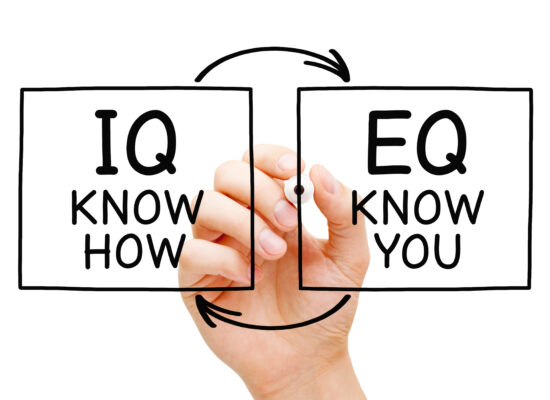Click Here For More Information
As a leader, the ability to hold people accountable is vital to your personal success as well as that of your team and the organization as a whole. The process begins with you. On the front end, communicating expectations clearly sets the path for adherence and positive results. But, what happens when broken promises, bad behavior and unmet expectations still show up, despite your best effort? Unfortunately, more often than not, leaders are challenged by addressing the issues at hand, leading to an inability to bring your vision to reality, a decrease in your personal credibility, and the potential for negativity to spread quickly and vigorously.
Often people don’t make change unless they are motivated to do so. With the ability to hold others accountable, while motivating them to make positive changes, your leadership effectiveness soars. In this session, participants will identify what’s keeping them stuck – why they’re not holding people accountable. After reframing the stories around their reasons, attendees will learn how to plan for the conversations they’re not having, how to initiate the dialogue, how to move the discussion forward and then how to end the interaction on a positive and proactive note. At the conclusion, they will be armed with the knowledge and ability to transform their leadership presence as well as empower others to realize their own potential.
Workshop Objectives:
- To understand the foundation of accountability conversations.
- To assess personal competency and identify barriers in holding others accountable.
- To be able to recognize the signs of when an accountability conversation is necessary.
- To understand the concept of dialogue and adding to the shared pool of meaning.
- To learn the steps to planning for an accountability conversation.
- To identify one’s style under stress, determine how it impacts interactions and develop strategies for more approaches that lead to positive outcomes.
- To recognize and master one’s stories that lead to assumptions and judgments.
- To gain the ability to initiate an accountability conversation and recognize signs that safety is at risk.
- To recognize the gap between what is expected and what actually occurs and then communicate it to others.
- To understand the various ability barriers that keep others from doing what is agreed upon/expected.
- To learn how to motivate others to make needed change.
- To gain the ability to effectively wrap up an accountability conversation and create a plan for future actions.
Workshop Outcomes:
- An awareness of when an accountability conversation is needed the ability to overcome personal barriers to stepping into an accountability conversation.
- The ability to engage in dialogue that leads to needed change.
- An understanding of the steps necessary to plan for an accountability conversation.
- An awareness of one’s style under stress and how it impacts interactions with others.
- The ability to determine when one’s assumptions and judgments lead to illogical conclusions about others.
- The ability to re-establish safety once it’s at risk.
- The ability to recognize the gap between what is expected and what actually occurs, and then communicate it to others.
- An awareness of the various motivational factors that move people to change.
- The ability to create a plan for future actions at the conclusion of an accountability conversation.
Observable Behaviors to Watch For
- The learner will demonstrate an awareness of when an accountability conversation is needed and the ability to overcome personal barriers to stepping into an accountability conversation.
- The learner will become more aware of their style under stress and how it impacts their interactions with others.
- After attending this workshop, leaders should demonstrate an ability to set clear performance and behavioral expectations that inspire and challenge people to stretch themselves, realistically, without causing strain or distress.
- The leader should demonstrate the ability to recognize and correct patterns of behavior such as a silence pattern which can be a means of avoiding potential problems, restricting the flow of communication.
- The leader should demonstrate the ability to recognize and correct patterns of behavior such as a violent pattern which can manifest as verbal strategies that attempt to convince, control, or compel others to a point of view.
- After attending this workshop, the learner should demonstrate the ability to unbundle problems to identify WHAT to address.
- Just as important as deciding WHAT to address is the determination of IF the problem should be addressed. After attending this workshop, the learner should be able to determine whether holding the conversation regarding an infraction is ambiguous or discussing it can lead to further problems
- A central outcome each learner should walk away with is the ability to identify the Fundamental Attribution Error: Assuming people do contrary things because of uncontrollable personality factors (disposition) rather than forces in their environment (the situation).
- Learners from this workshop should show an increased ability to recognize when mutual respect or mutual purpose need repair and lead accordingly.
- After attending this workshop, the learner will take steps prior to any accountability conversation to ensure safety, invite the other person’s point of view, and ultimately make the conversation motivating.
Cancellation Policy: 5 working days for full refund. Cancellations after that time are charged full tuition for the course.
For more information regarding refund, concerns, and/or program cancellation policies please contact our offices at 919-878-7100 ext. 22














